|
By Jessica Rath Today, on April 19, the El Rito Library is showing the 2023 Oscar Winner for Best Documentary Feature Film, “Navalny”.* The film’s editor, Langdon Page, will be present to introduce it, because – guess what! – some of the editing happened right here, in La Madera. The film is being shown at Northern New Mexico College, El Rito Campus, Alumni Hall. Pot luck at 5:30, showing at 6:00PM. I had watched the documentary shortly after Alexei Navalny was murdered at Polar Wolf, the maximum security corrective colony in Siberia near the Arctic Circle. To say it was gut-wrenching and deeply moving is putting it mildly. I wanted to learn more about Langdon and his work, and he kindly agreed to talk to me. Knowing very little about film making, I was curious – how does one become a movie editor? Are there college courses one has to take, or are there any special schools to attend? Well, in Langdon’s case it was a very organic process. From an early age he was fascinated by movies, he had the “cinema bug”, as he told me. He’d watch films, read every book about movies that he could find, and spend every free minute learning about cinema and its many aspects. His brother had started a magazine in Chile together with some movie producers, and when he asked Langdon for help because of his obsession with movies, that’s what happened: Langdon joined his brother in Chile, and together, they produced a few magazine issues – until the funding ran out. By that time, Langdon had established some solid connections with the small film community in Chile in the mid-90s. “I started talking to some of the producers thereafter with an idea for making a little documentary about looking for dinosaur eggs in Argentina, and they thought it was a great idea”, Langdon told me. When he came back with the footage, they needed somebody to edit it, and Langdon bluffed his way into the job. The producers had just acquired a top of the line Avid video editing system, the first generation of digital nonlinear editing (I looked this up: while linear editing assembles a film from beginning to end, the new technology allows the editor to work on any video frame or digital video clip, no matter where it will eventually end up). Langdon had the background and courage to figure out this completely new technology, was hired, and completed a number of projects in Chile. A couple of years later, he moved to Los Angeles with his wife and their firstborn. For a while, he had to take any work that allowed him to support his family. “The first place that hired me was actually a cable channel called E! Entertainment Television”, Langdon continued. “They didn't care that I had made a series of films that had done very well in Chile, they just cared that I knew how to run an Avid – the editing computer. So then I spent a while doing really boring television work, which kept us afloat as a family, but also taught me how to work with deadlines and within the confines of an industry that depends a lot of time on deliverables and strict formatting rules”. “At the same time, I kept reaching out to independent producers, and ended up getting some films that were more interesting. And then people kept hiring me to edit even though I would be writing or producing or pitching ideas, but I kept getting hired as an editor. And so I ended up doing a lot of that for the last 25+ years”. I must confess that I’ve never really thought much about the editing process of a movie. When it comes to film-making, I know the names of directors and a few famous cinematographers, and that’s it – I don’t know any famous editors. That doesn’t seem fair. I’m a film buff, and the productions I enjoy most offer great acting, beautiful cinematography, and an intelligent, moving script – all seamlessly joined together into one immersive experience. Whether that’s done successfully or not depends largely on the editor, I think. Langdon’s words helped me to see this. He elaborated: “When it comes to the making of a film it is often a year or more of editorial work. And that’s a lot of emotional energy, it's a lot of passion. If you're committed to it and are serious about trying to actually make cinema out of it the sensibility of the editor is inherently going to be reflected in the final film”. Yes, this makes total sense, especially in relation to “Navalny”. How did he get involved with this project, I wanted to know. “It was right around the beginning of 2021. A producer that I had made four or five pictures with called me up and said, ‘we've got this thing, and I think you’d be great for it. It's confidential, nobody knows about it. We've got this very talented director who's got a lot of ideas; can you come and start working on it?’ The director and his crew were just starting to sort through the footage and see what they had. I often like projects to go through a phase before I come on board, so that the director can start to try out all sorts of different things and get an idea of what they want in their head, make all kinds of mistakes, whatever. And then I can come on board, and we can make a whole bunch of different mistakes. So that's how it played out: I came up from Santiago, Chile to Santa Fe and set up the cutting room in La Madera. I was editing from there for the first six weeks”. In La Madera? Of all the places? How did he end up in La Madera? Well, Langdon grew up in Denver, CO, but one of his grandmothers lived in Santa Fe, and throughout his childhood he spent much time there. In 1994 his father, his stepmother, and some of her family bought a piece of land near La Madera, and this has been the family home ever since. So that’s where he ended up doing much of the editing work, in secret, as he explained. Obviously Langdon needed the fastest internet he could get, and also some gear, such as an extra screen. His father suggested they ask the Bondys, because Brian has all this equipment. So Brian came over with a monitor and helped set everything up. Amazingly, the internet connection in La Madera, New Mexico is the fastest connection that Langdon has been able to get anywhere in the world – can you believe this! “Navalny was a really fascinating project. It brought together a team of really strong voices with different perspectives, and we wanted to have all of that emotional, mental, cinematic firepower in the room together while working on this really challenging story. It was obviously all being created in the shadow of heavy security risks. We were doing everything completely under the table, nobody even knew this project existed. At the time, Alexei was in prison, which added to the emotional pressure. We wanted to make the best film that it could be in the fastest amount of time, because we imagined and sincerely believed that the film would be in some ways a sort of life insurance policy for Alexei. The more the world and the international community and the general public were aware of Alexei’s situation, the harder it would be for Putin to have him disappear, knock him off. I think for a long time, that actually worked”. “The emotional stakes were incredibly high. There were lots of tears all the way through the edit. The director, Daniel Roher, had a very strong personal bond with Alexei and his family. He is a young guy and was really emotionally distraught throughout the course of the edit. There was a time when I was working late at night, and he was asleep on the couch. And, he said, he woke up and I was just sobbing. I had just watched a part of it, and it just left me in tears. We would hug and tell each other, we’ll get through it, and then we kept on working”. I asked Langdon whether he had met any members of Navalny’s family and inner circle. “Well, I never met Alexei, because it was filmed before I came on board the project. We launched the film at Sundance Film Festival in January 2022. And it had not been announced that the film even existed. So, when we shared it secretly with the programming committee, they invited us to be a part of Sundance. But they billed it as a secret screening, which was the first time they had ever done that at Sundance. And everybody was sort of confused -- what is this secret screening?, and all this”. “And then there was a COVID wave. It was kind of devastating for everybody because Sundance rightly decided to do another virtual Sundance that year. But there was concern that if they announced our project, adversarial forces could undermine the streaming capability of the festival for the first weekend and actually shut down all access to all the other films. That’s why they decided to continue to bill it as a secret screening through the first weekend. At the first weekend of the festival, all films that are premiering get at least one screening – that’s how Sundance works. And then over the course of the first week they start doing repeat screenings. So we would not announce the film until after the first weekend. They announced it on Monday morning, and tickets sold out immediately, and that evening, we did the premiere”. By this time I was spellbound, listening to Langdon. To hear that the making of it was just as suspenseful and moving as the documentary was simply astonishing. “That was the beginning of the next phase of the film”, he continued. “This was the whole roll-out, taking it on tour and going to different festivals. It was in the middle of a number of changes in CNN Films, the distributor, and the whole streaming landscape. So it ended up premiering on CNN in April or May of 2022. At the same time we were going around showing it at festivals over the course of that whole year and leading up toward the Oscars. So there were a number of occasions when I spent quite a bit of time with Dasha, Alexei’s daughter, and Yulia, his widow”. By this time of our conversation I was deeply moved, remembering Navalny’s untimely death. Dasha had lost her father. Yulia had lost her husband. But Langdon reminds us not to give in to despair: “Yes, it is very sad. But I think we should continually return to Alexei’s message at the end of the film, which is that we can't be complacent. The force used by the authorities to try to shut down any sort of democratic movement in Russia, is an indication of how strong that movement actually is. As we know from history, the only way to break through this is for the grassroots, the people on the frontlines to rise up. There's a lot of work being done. Most of the Anti Corruption Foundation has moved to Lithuania. They've reconstituted as a very strong force from outside Russia. When Alexei went back this was almost inconceivable, but since especially the invasion of Ukraine and the increased clamp down and censorship in Russia, a large part of the democracy movement has been forced outside of the country. It still constitutes a very viable force. It's continuing to find innovative ways to get around sensors, and continues to expose the corruption of the Putin regime”. I was quite shocked when I thought about the secrecy that had been necessary when working on the film. Were the people involved really in danger?
“One never knows what their actual reach is”, Langdon explained. “Especially organizations like the FSB (Russia’s Federal Security Service), or the GRU (Russia’s foreign military intelligence agency). They've shown that they have the ability to assassinate or attempt to assassinate people throughout Europe. Within the United States we believe that we have a more solid firewall against some of those things, but not against all of them. In the 2016 election we witnessed significant online infiltration by Russian forces trying to undermine our democracy, and it continues to this day. We took extraordinary security measures to keep everything encrypted and to stay as safe as we could, especially when we were editing in London, but the threat was very real. Christo Grozev (Bellingcat chief investigator) from the film has had a death warrant out for him for the last year and a half, which was not exclusively, but directly in response to his participation in this film. And Christo is basically living in the States at this point”. Some final words about Navalny: “Alexei’s courage and his humor, his inextinguishable spirit and faith in what he called the “beautiful Russia of the future” – this was amazing throughout his time in both prisons. He was subjected to isolation and immense torture at the first prison as well. For months and months and months they kept him in solitary confinement under horrible, horrible psychological torture conditions. And yet, he was able to communicate with the outside world in a way that motivated people to take small actions, significant within Russia, and bigger actions, which are also significant on the global stage. We have to just take courage and inspiration from his indomitable spirit”. Here is my final question: do you have a new project you're working on? “Yes – I've been working on a technology platform, to connect movies that have a strong call to action around an issue with direct actions that viewers can take after they watch that kind of movie. And this has been a fascinating and entirely different type of creative endeavor for me. So that's what I’m doing at the moment”. Langdon closed our interview with these words: “It's a pivotal time for democracy in this country and worldwide. But, if you study history, it's always been a pivotal time. Democracy is an ongoing experiment. It's important not to succumb to apathy. We have actually more tools now to strengthen our democracy and move it in a direction which is more sustainable than we've ever had before. So it's just about being inspired and having the courage to stay active”. “Navalny” most certainly is inspiring. I want to thank Langdon for his important part in it, and for taking the time for this interview.
3 Comments
Lauren Banner
4/19/2024 07:42:38 am
What time is the showing?
Reply
Olivia
4/19/2024 08:48:40 am
The potluck is 5:30-6, screening at 6!
Reply
Jessica
4/19/2024 09:34:25 am
Potluck at 5:30, showing at 6 pm.
Reply
Your comment will be posted after it is approved.
Leave a Reply. |
Submit your ideas for local feature articles
Profiles Gardening Recipes Observations Birding Essays Hiking AuthorsYou! Archives
September 2025
Categories
All
|
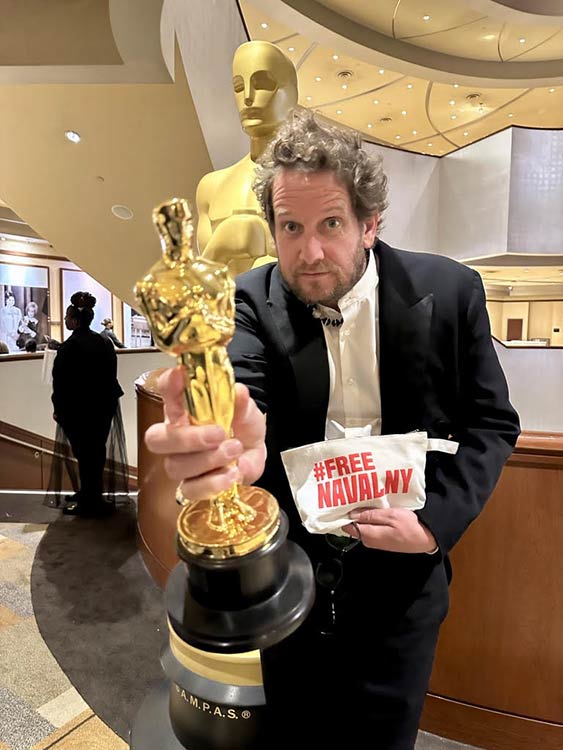
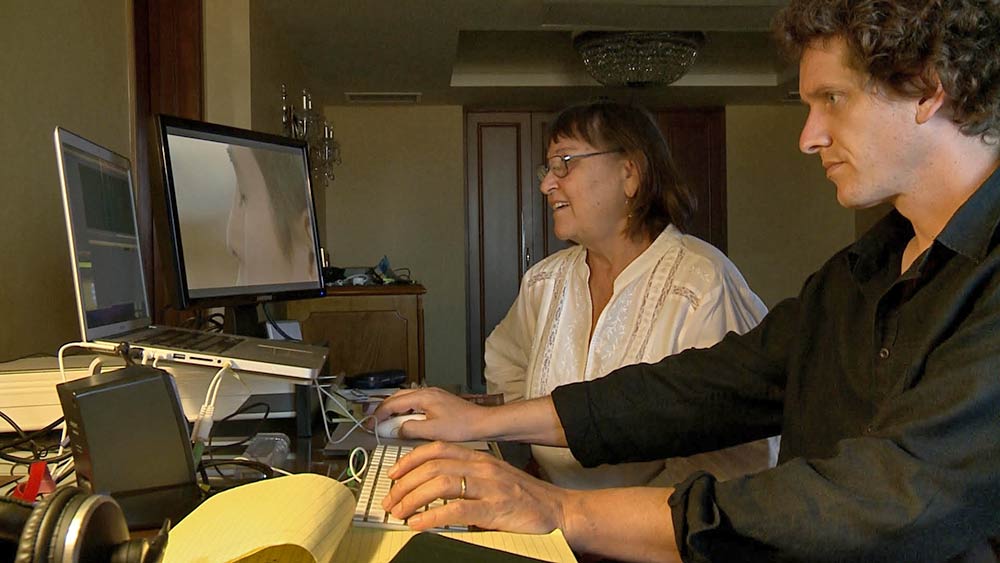
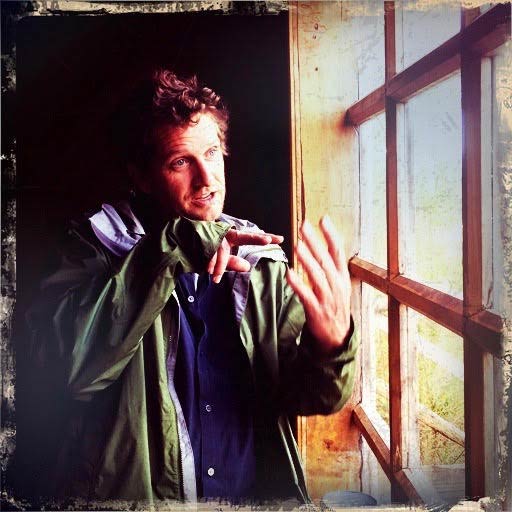
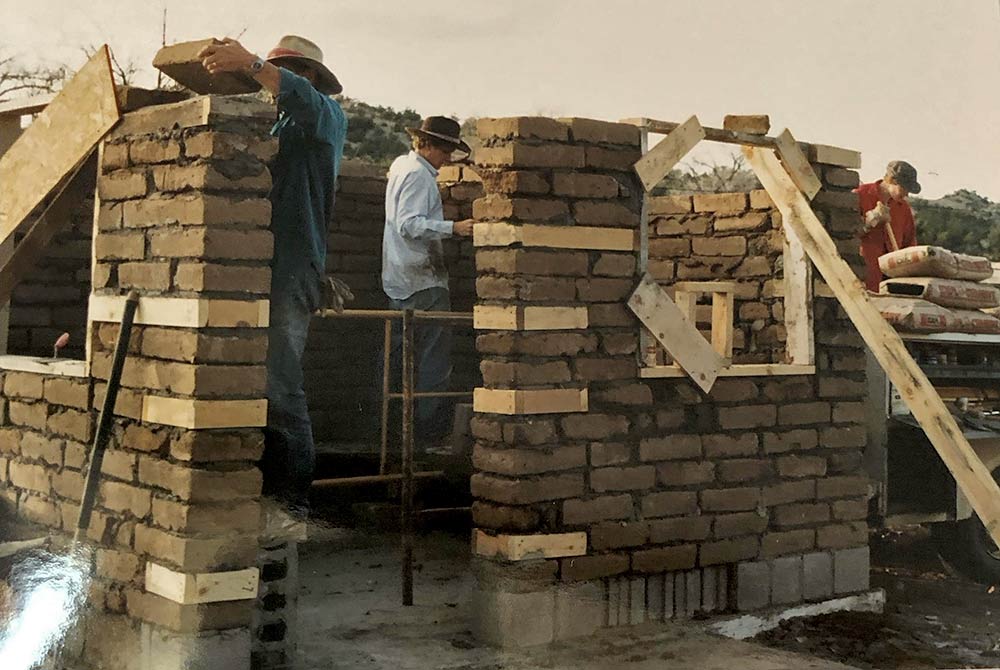
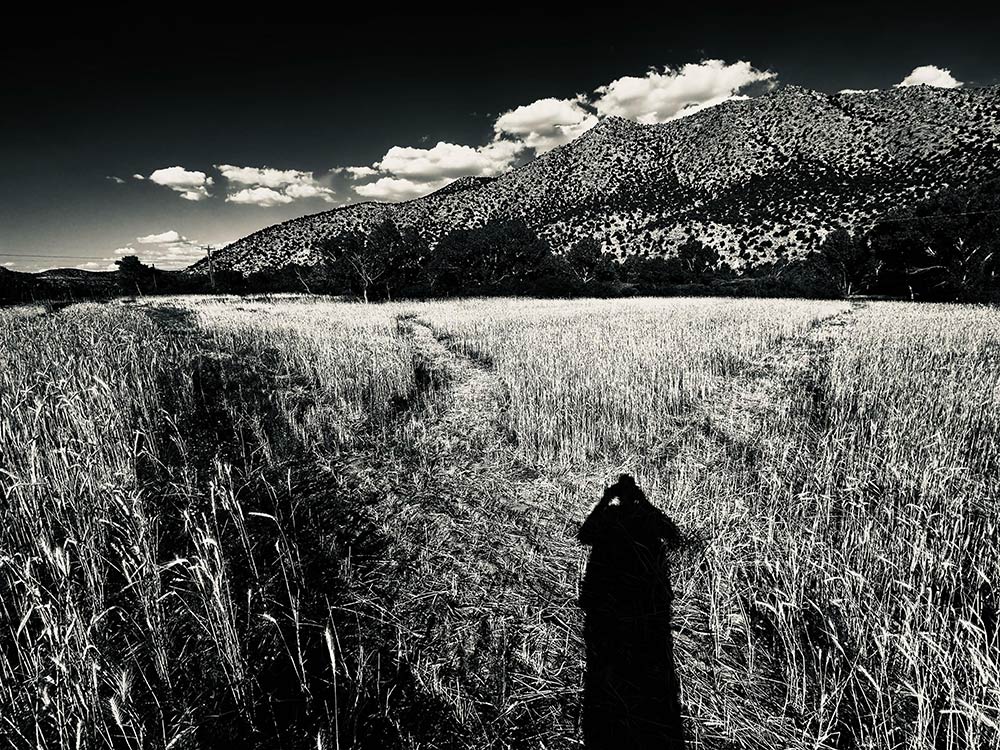
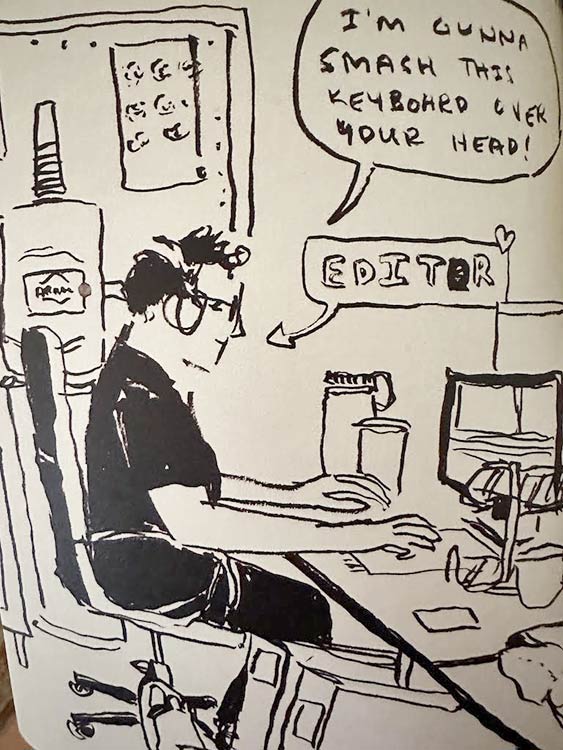
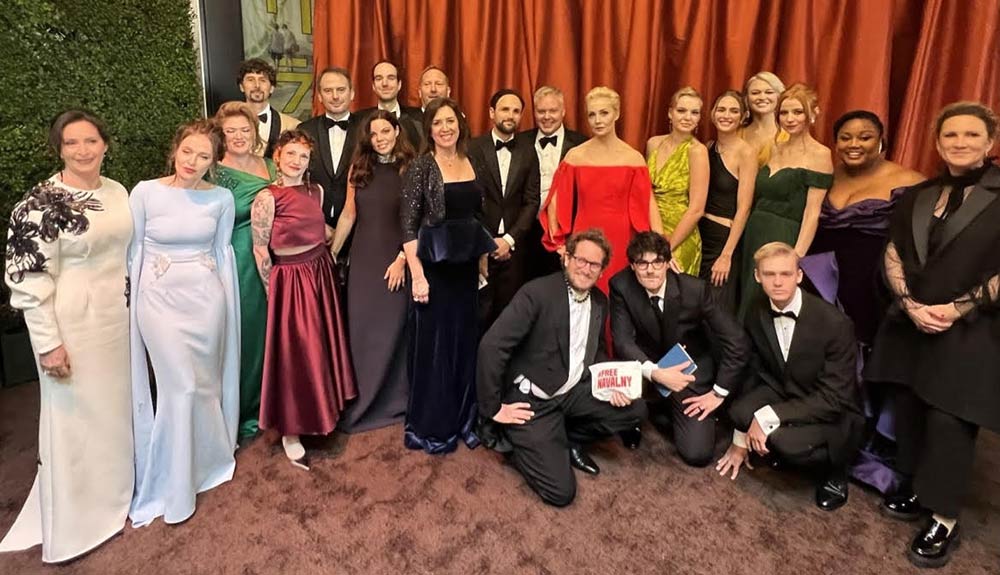
 RSS Feed
RSS Feed